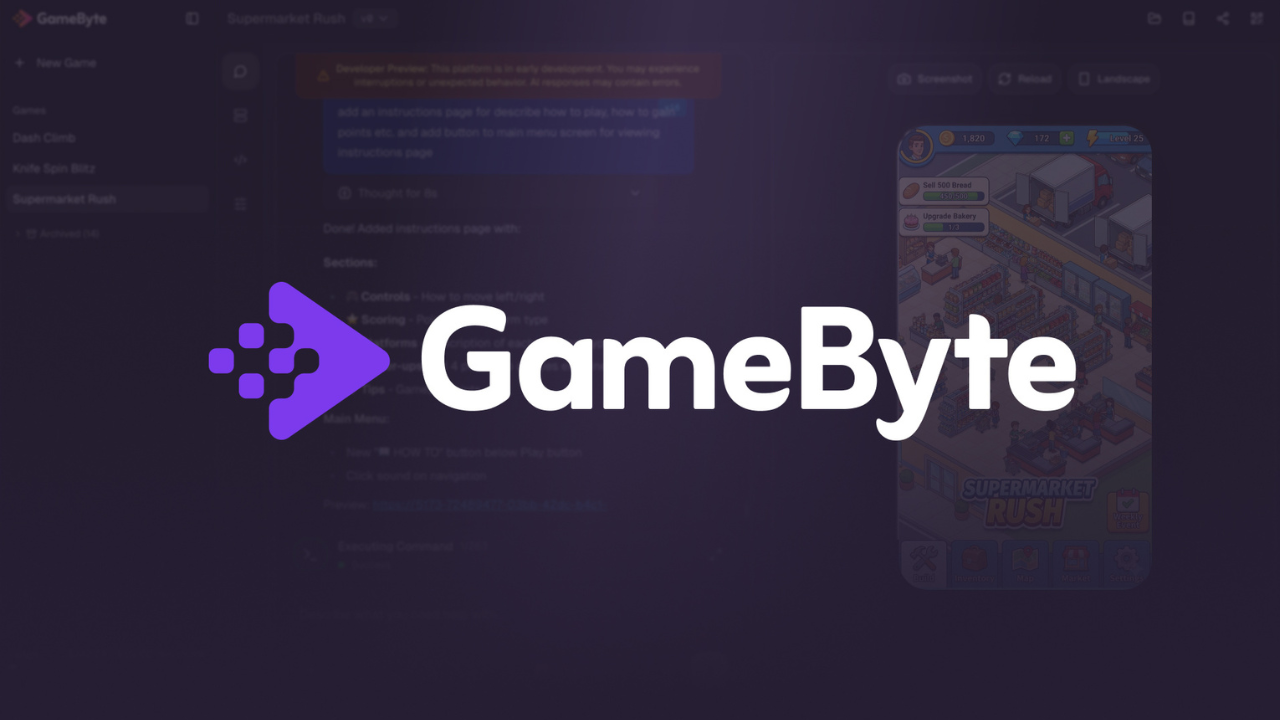Mobile games have witnessed the rise of Battle Passes as a key monetization and engagement strategy. Originating from games like Valve’s Dota 2 and Team Fortress 2 as an alternative to subscription fees and loot boxes, they gained significant traction with Fortnite’s adaptation. Today, they are a staple in many mobile games, transcending genre boundaries and appealing to a vast array of players.
What are Battle Passes?
A Battle Pass is a monetization model offering players access to exclusive content and rewards as they progress. Unlike direct in-app purchases, a Battle Pass provides a structured path of challenges or missions. As these tasks are completed, players unlock a series of rewards.
Key features include:
- Tiered progression: Players advance through tiers, unlocking rewards at each level.
- Time-limited: Battle Passes typically operate within a set timeframe, urging players to complete challenges within this period.
- Free vs. Premium tracks: While everyone can earn rewards on the free track, the premium track, usually purchased with real money, offers more exclusive rewards.
- Exclusive content: Rewards from a Battle Pass are often unique, ranging from character skins to in-game currency.
- Engagement tool: Beyond monetization, they serve to keep players engaged with the allure of the next reward or challenge.
Why have Battle Passes become a staple?
- Engagement and retention: They encourage regular gameplay, ensuring players remain active and do not miss out on rewards. Those who invest in a pass are even more motivated to play.
- Value proposition: Offering significant value compared to their cost, Battle Passes appeal to a broad spectrum of players.
- Sustainable spending pattern: For many, a Battle Pass might be their primary monthly game expenditure, contributing to a game’s long-term revenue.
- User-friendly monetization: Battle Passes distribute revenue across a larger payer base, involve player effort, and lack major frustration points.
However, they come with challenges.
Challenges of implementing Battle Passes
While Battle Passes offer a myriad of benefits, they are not without their hurdles. Here are some of the challenges developers and players face:
- Overwhelming content: Introducing too many tasks or challenges within a Battle Pass can overwhelm players, especially casual gamers. This can lead to fatigue or disinterest in the game.
- Perceived value: If players feel that the rewards offered in the premium track aren’t worth the price, they might opt out of purchasing. It’s crucial for developers to ensure that the content provided aligns with player expectations and the price point.
- Exclusivity concerns: While exclusive rewards can be a draw, they can alienate players who can’t afford the premium track. If these exclusive items offer in-game advantages, it might lead to perceptions of a “pay-to-win” model.
- Time constraints: The time-limited nature of Battle Passes can be stressful for some players. If they feel they can’t complete the challenges in the given timeframe, they might abandon the pass or even the game.
- Balancing act: Developers must ensure that the challenges are neither too easy nor too hard. If they’re too simple, players might breeze through the pass quickly and lose interest. Conversely, overly difficult challenges can lead to frustration.
- Technical glitches: As with any feature, Battle Passes can have bugs or glitches. If players encounter issues that prevent them from progressing or claiming rewards, it can lead to dissatisfaction and negative feedback.
- Monetization impact: If not executed correctly, Battle Passes can cannibalize other in-game purchases. For instance, if players are spending primarily on the Battle Pass, they might not invest in other in-app purchases, affecting the game’s overall revenue.
Battle Passes in mobile games represent a dynamic intersection of engagement, monetization, and player satisfaction. While they have reshaped the landscape of in-game purchases, offering a structured and rewarding progression system, they also come with their set of challenges. It’s imperative for developers to strike a harmonious balance, ensuring that the content, pricing, and challenges cater to diverse player needs. When executed with precision and player-centric focus, Battle Passes can elevate the game experience, fostering loyalty and sustainable revenue streams for developers. As the mobile game industry continues to evolve, the Battle Pass model stands as a testament to innovative strategies that prioritize both player enjoyment and business success.





